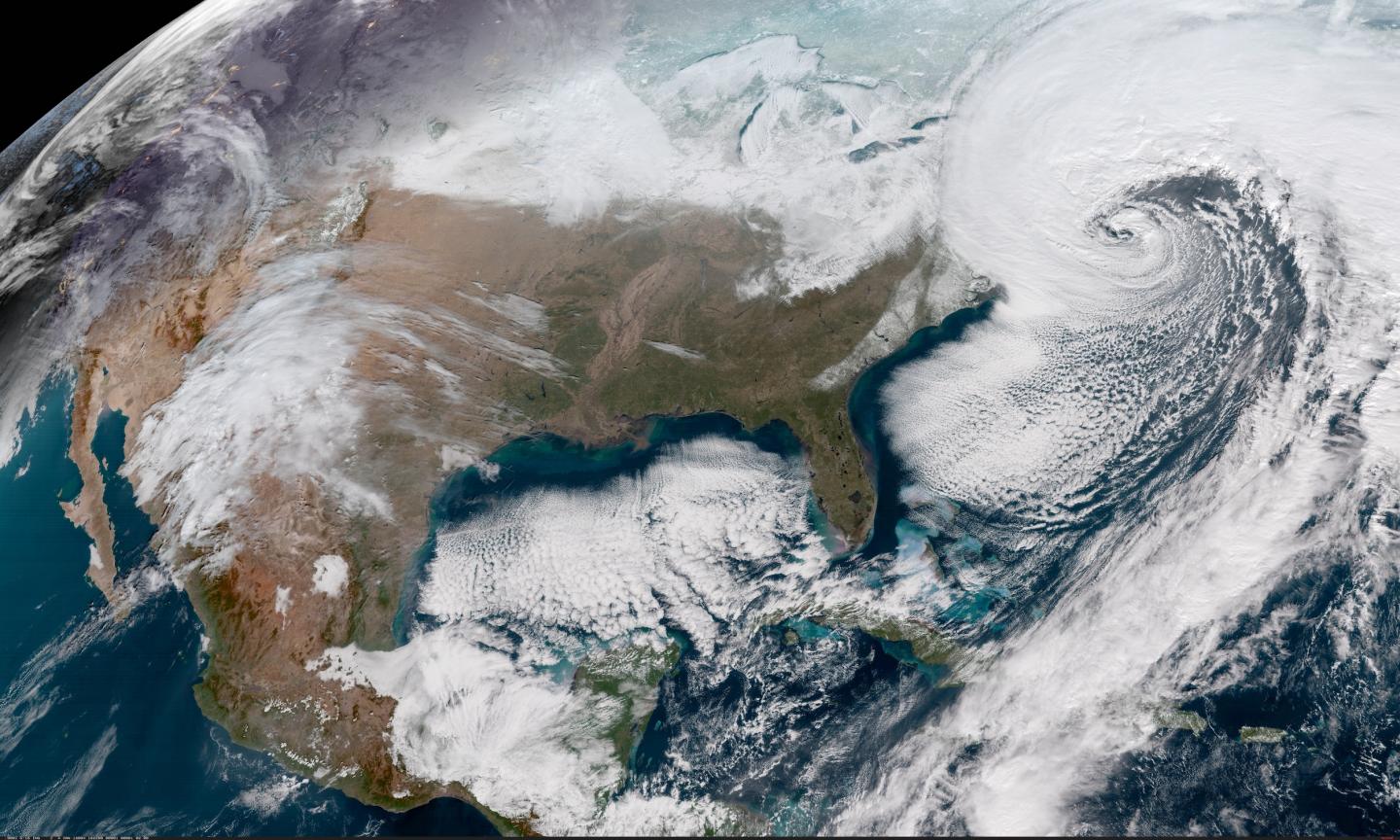We Are Terrible Judges of Earth's Changing Climate, Twitter Shows

Americans aren't necessarily good at noticing how small, gradual changes in the world around them are adding up — variations that definitely make the case for climate change.
That's the takeaway from a new study that analyzes more than 2 billion location-tagged tweets about the weather sent from across the U.S. between March 2014 and November 2016. The results suggest that Americans may not be able to recognize just how much havoc climate change is wreaking on their lives; if they do, the recognition may inspire just a grumpy tweet, not the sort of systemic change needed to address climate change.
"There's a risk that we'll quickly normalize conditions [that] we don't want to normalize," lead author Frances C. Moore, an environmental scientist at UC Davis in California, said in a statement. "We are experiencing conditions that are historically extreme, but they might not feel particularly unusual if we tend to forget what happened more than about five years ago."
Related: How NASA Is Using Lasers to Study Climate Change (Video)
The public's apparent five-year time frame is very different from the baseline that scientists use to study climate — as researchers typically look back to the second half of the 1800s. And weather conditions that may reflect horrifying, human-destroying climate change when compared to weather in the late 1800s look like nothing big when you're comparing to conditions five years ago.
The team behind the study used an algorithm to identify weather-related tweets, checking its findings on a subset of about 6,000 tweets to make sure the program was recognizing tweets correctly. For each week of data, the scientists compared local weather in the early 2010s to averages in the 1980s to get a sense of how climate change was interacting with local weather.
The results show that Americans on Twitter compare current weather with the local norms over just the past five years or so. If it's been warmer in an area for the past five years than it was in the 1980s, people are much more likely to take to Twitter when temperatures dip colder than they are when it's warmer. The opposite principle holds true when it's been cooler recently compared to the 1980s: In that case, briefly warm temperatures are more likely to draw comments on Twitter than cold temperatures are.
Get the Space.com Newsletter
Breaking space news, the latest updates on rocket launches, skywatching events and more!
That's troubling, because as climate change has picked up steam, Earth's four hottest years on modern record are also its four most recent years — so warmer temperatures are becoming less and less remarkable in the public's imagination.
The team said it worries that similar short-term memories will prevail regarding other implications of climate change beyond unusual temperatures. Climate change, on average, is also creating fiercer hurricanes, creeping shorelines and hungrier wildfires — and these consequences could well be seeping into our sense of normal in just the same way, the researchers wrote.
And if people consider this strange Earth the new normal, there will be fewer calls for the sort of widespread, deep-seated societal change that will be necessary to reduce carbon emissions and slow the force of climate change. "This results in temperatures that are largely unremarkable over the 21st century, even in a high-emissions scenario," the team wrote in the paper. "When coupled with results from the existing literature, our finding suggests it may be unlikely that rising temperatures alone will be sufficient to produce widespread support for mitigation policies."
The research is described in a paper published yesterday (Feb. 25) in the journal Proceedings of the National Academy of Sciences.
Email Meghan Bartels at mbartels@space.com or follow her @meghanbartels. Follow us on Twitter @Spacedotcom and on Facebook.
Join our Space Forums to keep talking space on the latest missions, night sky and more! And if you have a news tip, correction or comment, let us know at: community@space.com.

Meghan is a senior writer at Space.com and has more than five years' experience as a science journalist based in New York City. She joined Space.com in July 2018, with previous writing published in outlets including Newsweek and Audubon. Meghan earned an MA in science journalism from New York University and a BA in classics from Georgetown University, and in her free time she enjoys reading and visiting museums. Follow her on Twitter at @meghanbartels.









